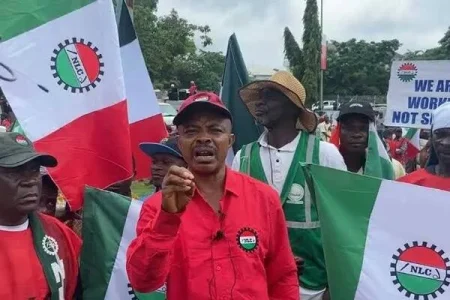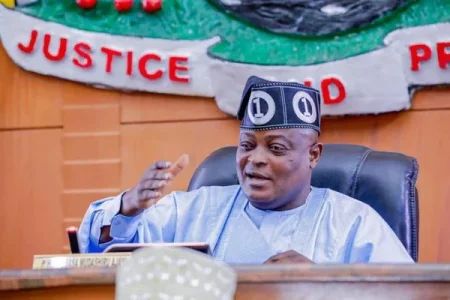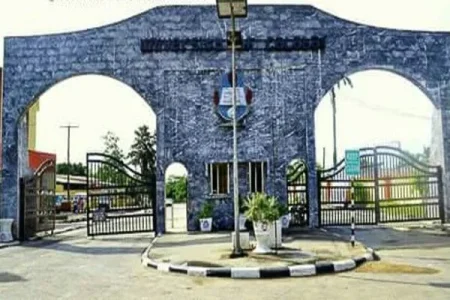
The Nigeria Labour Congress (NLC) defends the shutdown of the national grid amidst a nationwide strike over minimum wage disputes. Accusations fly between NLC and the Transmission Company of Nigeria (TCN) amid reports of worker intimidation
In a bold move reflecting escalating tensions over wage disputes, the Nigeria Labour Congress (NLC) has staunchly defended its decision to shut down the national grid.
The action, part of an ongoing nationwide indefinite strike over the new minimum wage, has plunged the country into darkness, sparking a flurry of debates and accusations.
The strike, declared jointly by the NLC and the Trade Union Congress (TUC), commenced with total compliance from all government institutions. At 2:19 am on Monday, the Transmission Company of Nigeria (TCN) confirmed the shutdown of the national grid, resulting in a nationwide blackout.
Reports emerged of workers at the Benin Transmission Operator being forcefully ejected from the control room and subjected to physical assault by protesters.
In response to the TCN's accusations, Joe Ajaero, president of the NLC, vehemently refuted claims of violence and accused the federal government of neglecting workers' demands.
Ajaero emphasized that the strike was prompted by the government's failure to address issues such as the completion of minimum wage negotiations and the reversal of electricity tariff hikes.
He criticized TCN's attempts to shift blame onto workers, asserting that the company's mismanagement and failure to address worker grievances were the root causes of the grid shutdown.
Amidst mounting tensions, allegations surfaced of TCN resorting to military intimidation tactics against striking workers, further escalating the situation.
The standoff underscores the deepening rift between labor unions and government agencies, highlighting the urgent need for meaningful dialogue and resolution.
As the nation grapples with the repercussions of the grid shutdown and the ongoing strike, questions linger over the government's response and the potential long-term impacts on critical sectors. With both sides entrenched in their positions, the path to resolution remains uncertain, leaving millions of Nigerians in the dark and underscoring the pivotal role of labor in shaping the country's future.




